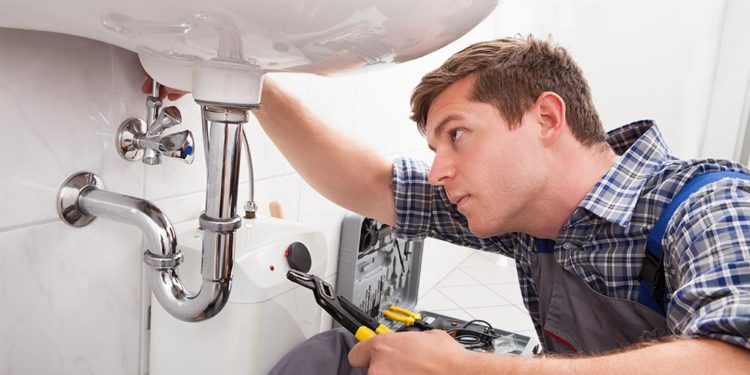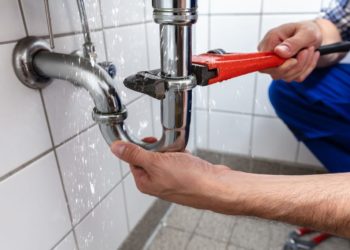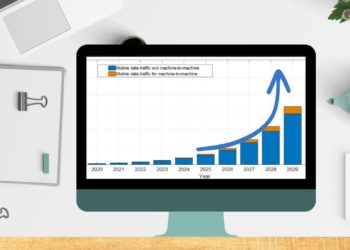Let’s face it—plumbing problems are inconvenient. A faucet that won’t stop dripping, a toilet that gurgles ominously, or a water heater that suddenly forgets how to heat water can all feel like emergencies in the moment. But not every plumbing issue calls for immediate, late-night intervention. So how do you know when it’s time to call an emergency plumber—and when it’s okay to wait for a scheduled visit?
To clear things up, we’re breaking down the misconceptions and giving you real answers about what truly qualifies as a plumbing emergency.
Is a Dripping Faucet an Emergency?
Short answer: Not usually.
A dripping faucet is frustrating, yes. It can waste hundreds of gallons of water over time and increase your water bill. But it won’t cause major damage in a few hours or overnight.
What to do instead: Shut off the water supply to the faucet if the sound or leak is unbearable. Then schedule a standard plumber visit. In most cases, it’s a worn-out washer, a loose valve, or minor corrosion.
My Toilet is Overflowing—Now What?
Depends on the cause.
If a single toilet is overflowing and it’s isolated to that fixture, it’s likely a clog. This is manageable—though unpleasant—until a plumber arrives.
However, if you flush one toilet and water backs up in a sink or tub, or multiple drains are slow or bubbling, you may be dealing with a main sewer line blockage. That is an emergency.
Rule of thumb: One overflowing toilet? Schedule a plumber. Multiple backups across the home? Call an emergency plumber right away to prevent potential health hazards and structural damage.
The Water Pressure Just Dropped Suddenly—Should I Be Worried?
Yes—especially if it happened quickly and affects the whole house.
Sudden water pressure drops can point to a pipe rupture, valve failure, or hidden leak in your plumbing system. If left unchecked, this can lead to water damage inside your walls or under your floors.
Also, low water pressure can signal sediment buildup inside a failing water heater or a partially closed shutoff valve—both of which deserve prompt attention.
Bottom line: If the pressure loss is sudden and unexplained, it’s safer to call for a professional assessment. Better to be cautious than to find yourself ankle-deep in water a few hours later.
How Do I Know If I Need Emergency Water Heater Repair?
Water heater issues are tricky. A lack of hot water is definitely uncomfortable—but it doesn’t always mean emergency.
Here’s when it might be urgent:
- Water is leaking from the tank or pooling around the base
- You hear banging, popping, or crackling from inside the unit
- The relief valve is dripping or spraying
- The tank feels unusually hot to the touch
- You smell gas near the water heater (gas models only)
In these cases, call a plumber right away. Some of these symptoms can lead to serious hazards, including tank rupture or gas leaks. Depending on the condition, you may need immediate water heater replacement.
If the issue is simply a lack of hot water with no visible leaks or sounds, you can usually wait for a scheduled service—especially if you have an electric model and suspect the thermostat or heating element.
I Smell Something Strange—Should I Be Concerned?
Yes. Odd odors coming from drains, especially those that smell like sewage or rotten eggs, are often signs of more serious plumbing issues. These could include:
- Sewer gas escaping through a dry P-trap
- A crack in a vent pipe
- A blockage in your sewer line
- Gas line issues near your water heater or stove
Any of these warrant immediate attention, not just because of discomfort, but because of health risks. Gases from the plumbing system should never enter your home. If they do, it’s time to involve a qualified plumber as soon as possible.
Is a Leaky Pipe Always an Emergency?
Not always, but context matters.
- A slow drip under the sink? Likely not urgent.
- A leaking pipe behind a wall or under the floor that’s causing stains, wet spots, or bubbling drywall? That’s more serious.
- A burst pipe that’s spraying or flooding the area? That’s a plumbing emergency—shut off the main water valve and call immediately.
Even minor leaks can lead to mold, wood rot, or warped flooring over time. And if the leak is near electrical systems or appliance connections, the risk is higher. It’s worth noting that even the smallest leak near your water heater may result in needing water heater replacement sooner than expected.
What’s the Worst That Could Happen if I Wait?
That depends on the issue—but here are a few common consequences of waiting too long to call a plumber:
- Water damage: Soaked drywall, ruined flooring, and expensive restoration
- Mold growth: Especially from slow leaks in hidden places
- Appliance failure: Water heaters, dishwashers, and washing machines can be damaged by pressure irregularities or clogs
- Sewage backups: Unsanitary and dangerous, leading to costly cleanup
- Gas hazards: Especially in homes with gas-powered water heaters or cooking appliances
Plumbing isn’t just about pipes and valves—it’s about maintaining a healthy, safe, and efficient home.
What Do Emergency Plumbers Actually Do?
Emergency plumbers are equipped to handle high-risk, high-pressure situations where delays can lead to serious damage. That includes:
- Pipe bursts and flood control
- Major clogs or sewer backups
- Water heater failure with leaking or gas risks
- Overflowing fixtures with no main shutoff solution
- Drainage system collapse or critical leaks
Companies like Benjamin Franklin Plumbing offer rapid-response services for these situations. Their role isn’t just to fix the issue—but to stop further damage and stabilize the home until a permanent repair can be made.
Final Takeaway: Know When to Call
Not all plumbing issues are emergencies—but knowing the difference is key to protecting your home, your budget, and your peace of mind. When in doubt, ask yourself:
- Is water actively leaking, flooding, or damaging surfaces?
- Is there a risk to my health, such as sewage or gas exposure?
- Could the problem worsen significantly in the next few hours?
If the answer is yes to any of these, don’t hesitate to call an emergency plumber. If not, schedule a visit at the earliest opportunity and use your home’s shutoff valves to control the situation in the meantime.










































































